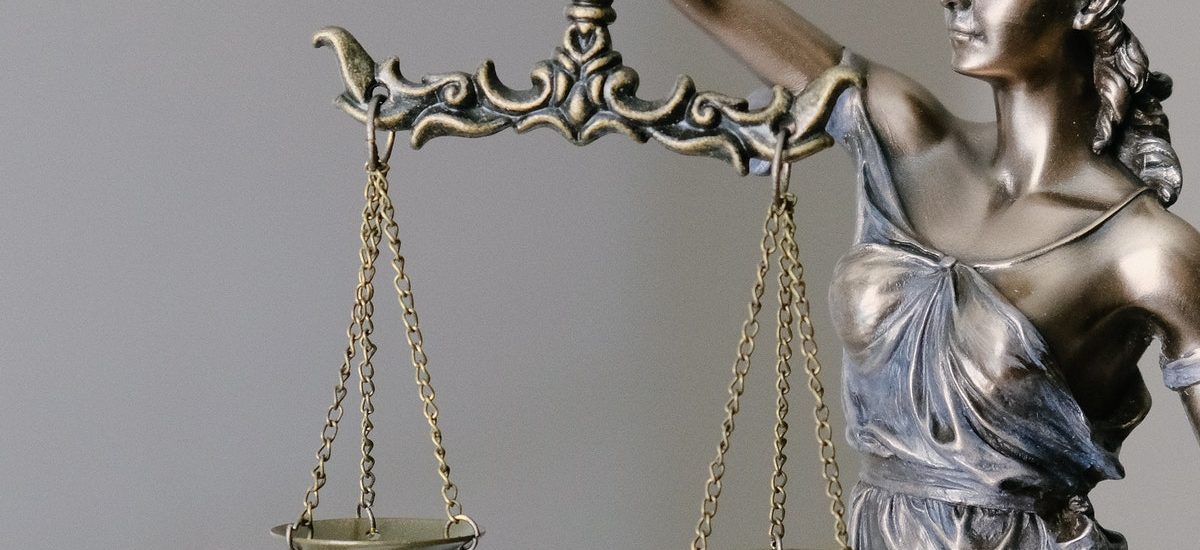Before you deduct money from an employee’s wages, make sure you check what’s allowed so that it’s following the Fair Work Act.
Even if the employee agrees, it’s crucial to ensure you’re doing the right thing because unlawful deductions can result in heavy Fair Work penalties later.
When can you Deduct Money from an Employee’s Wages?
You can only deduct wages in limited situations.
- If the employee agrees in writing
- If the deduction is principally for their benefit, for example, salary sacrifice
- If the deduction is allowed by law, court order, the Fair Work Commission or the employee’s modern award
- If it’s allowed under a registered agreement and the employee agrees
Deductions must be shown on the employee’s payslip.
Deductions that are Not Permitted
You can’t deduct money from wages without the employee’s permission, except in limited situations; for example, an employee fails to give the required termination notice period, and a deduction is allowed in their award.
Examples of common deductions that are not necessarily allowable are till shortages, equipment breakages, or staff gifts.
Wages Overpayments
It happens – mistakes can be made when processing payroll, resulting in an employee being paid more than they are entitled to, either as a one-off or over an extended period. Employers can’t automatically withhold pay to fix payroll mistakes.
The employee must agree to repayments, and the terms must be reasonable, not causing any hardship. If the employee doesn’t agree to repay wages paid in error, you’ll need legal advice about your options.
Check the Award and Get Advice
Before making any deductions from employees’ wages, always check the employee’s award or agreement and the Fair Work Ombudsman deductions advice to see if it’s allowed. And of course, we are always here to help talk you through the detail.











